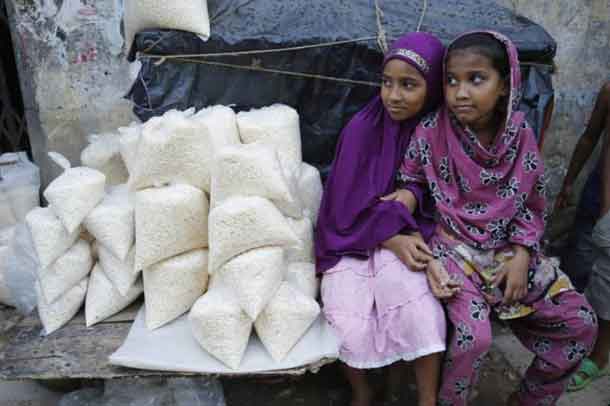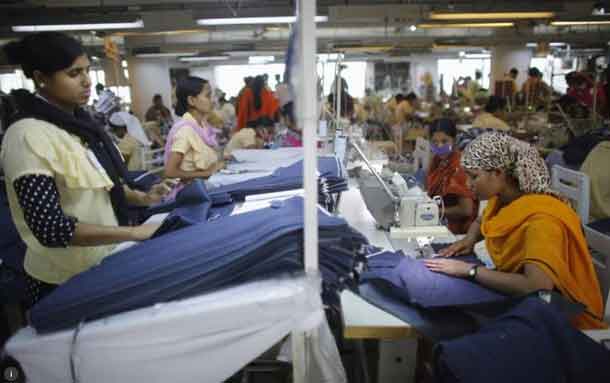

The fields hit by the floods were about to be harvested. Flooding also damaged other crops and fisheries in the country’s northeast, affecting millions of people
DHAKA – (Reuters) – Flash floods have washed away crops in northeastern Bangladesh that would have yielded nearly 700,000 tonnes of rice, according to estimates from the agriculture ministry.
The fields hit by the floods were about to be harvested, a major blow to the south Asian country, where local rice prices have hit an all-time high and reserves of the staple grain have dipped to a six-year low.
The flooding triggered by heavy pre-monsoon rains also damaged other crops and fisheries in the marshy areas in the country’s northeastern region, affecting millions of people.
The government has allocated 100 million taka ($1.2 million) in emergency aid for people in the flood-hit areas.
“This is a big loss for the farmers,” said Manzurul Hannan, director general of the Department of Agriculture Extension.
Besides the emergency aid, a farm rehabilitation plan is being worked out to provide free seed and fertilizer for the affected farmers for the next crop season, Hannan said.
“But we don’t think this will have much impact on the overall rice production (for this year),” he told Reuters.
Bangladesh aims to produce more than 34 million tonnes in the current crop year, up from nearly 33.5 million tonnes in the previous year.
The world’s fourth-biggest producer of rice consumes almost all of its own production, but often needs imports to cope with shortages caused by natural disasters such as floods or drought.
State rice reserves at government warehouses have fallen to around 350,000 tonnes, the lowest in six years.
($1 = 81.4400 taka)
(Reporting by Ruma Paul; Editing by Tom Hogue)




